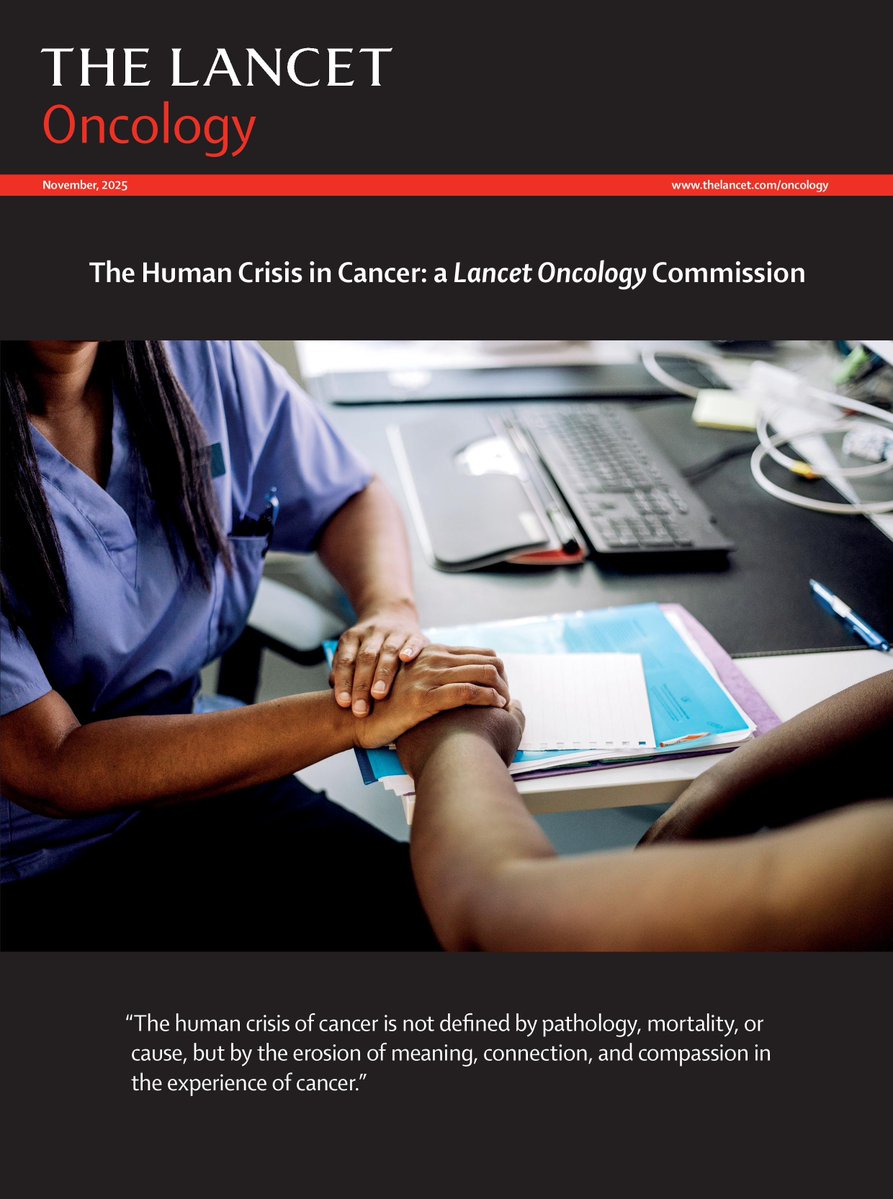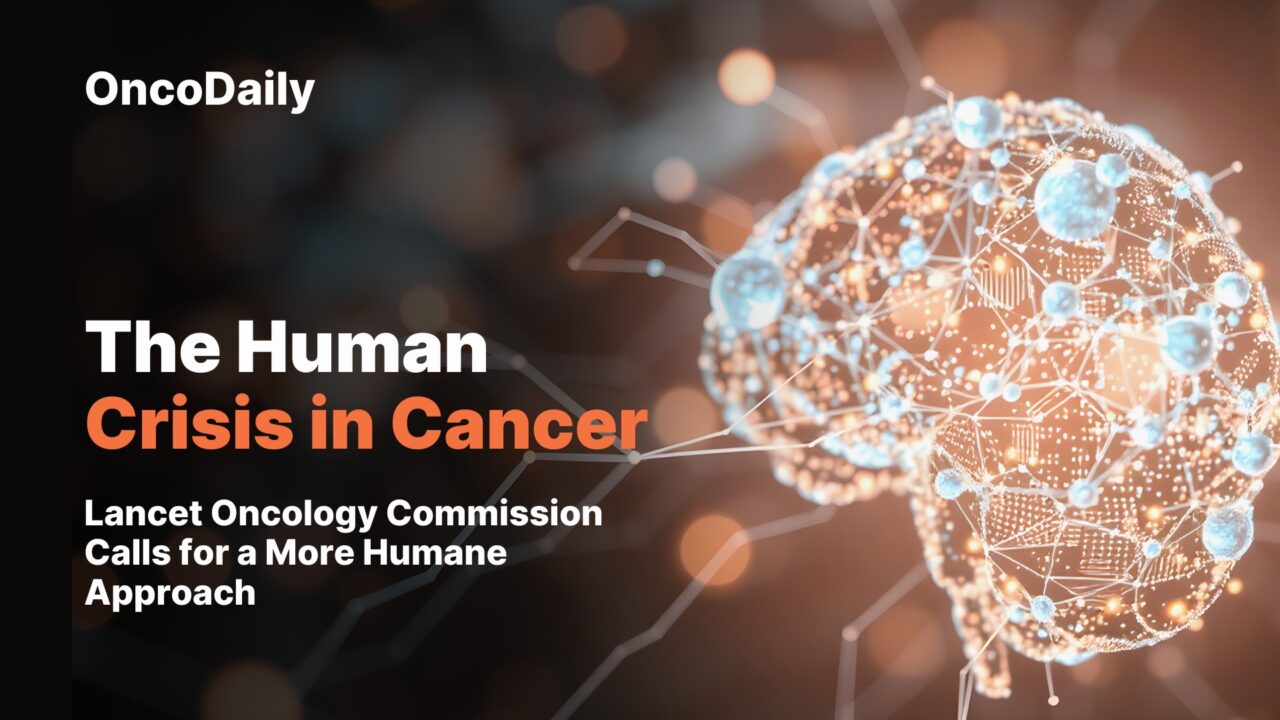During the annual meeting of the African Organisation for Research and Training in Cancer (AORTIC) in Tunisia, the Lancet Group officially launched the Commission on the Humanization of Cancer Care. This landmark initiative addresses the urgent need to place the human being at the center of oncology, emphasizing the importance of psychosocial support, dignity, and empathy alongside scientific and clinical advances.
The True Meaning of Personalized Care
The Commission emphasizes that personalized care must go beyond molecular targets and targeted therapies. Historically, personalized care encompassed a patient’s goals, fears, social roles, cultural context, and daily routines. While advances in precision medicine are valuable, the report stresses the importance of sex and gender considerations, communication, and equitable access to care to truly individualize treatment decisions.
Research Priorities: Addressing the Imbalance
The report highlights a significant imbalance in research funding. Around 73.5% of public and philanthropic investment is directed toward preclinical studies, 12.1% to clinical research, and only 0.5% to global health research. Less than 2% of funding supports psycho-oncology and palliative care. The Commission calls for greater investment in studies that improve quality of life, patient outcomes, and access to essential services such as surgery, radiotherapy, and palliative care.

Global Dehumanization in Cancer Care
Dehumanization manifests differently across healthcare settings. In high-income countries, rapid, complex care pathways often leave little room for meaningful patient-provider dialogue. In low-income and transitioning countries, patients face delayed diagnoses, missing services, and long travel times. Despite these differences, patients globally report a similar feeling of being unseen, highlighting a universal need for patient-centered approaches.
Financial and Time Toxicity
The Commission draws attention to financial toxicity, the economic burden of cancer care affecting work, savings, housing, and family life. Equally important is time toxicity, the hours patients spend traveling, waiting, and managing treatment side effects. Both factors have a significant impact on quality of life and should be integrated into treatment decision-making.
The Human Crisis in Cancer
The Human Experience at the Core
The Lancet Oncology Commission identifies a growing imbalance between scientific advances and the lived experience of patients. Feelings of disconnection, abandonment, and moral distress are prevalent, and the report calls for workforce education and research agendas that embrace the complexity of living with cancer. Key recommendations include improved patient navigation, earlier integration of palliative care, financial protection, and culturally relevant psychosocial and mental health support. Communication, empathy, and psychological care should be foundational skills for all oncology professionals.
A Call to Action
Cancer care is not only about treating tumors or analyzing lab results, it is about supporting individuals living with cancer, with all the complexity that entails. The Commission underscores the importance of a holistic, human-centered oncology system where shared decision-making, patient dignity, and psychosocial wellbeing are core priorities.
Experts involved in the Commission, including Gary Rodin, Dario Trapani, Richard Sullivan, Rille Pihlak, and Elizabeth Smyth, emphasize that these reflections are especially timely for high-income countries committed to equity and global oncology. The findings serve as a strong reminder to remain close to the human story behind every clinical decision.
The full Lancet Oncology Commission report can be accessed here.
Written by Nare Hovhannisyan, MD


